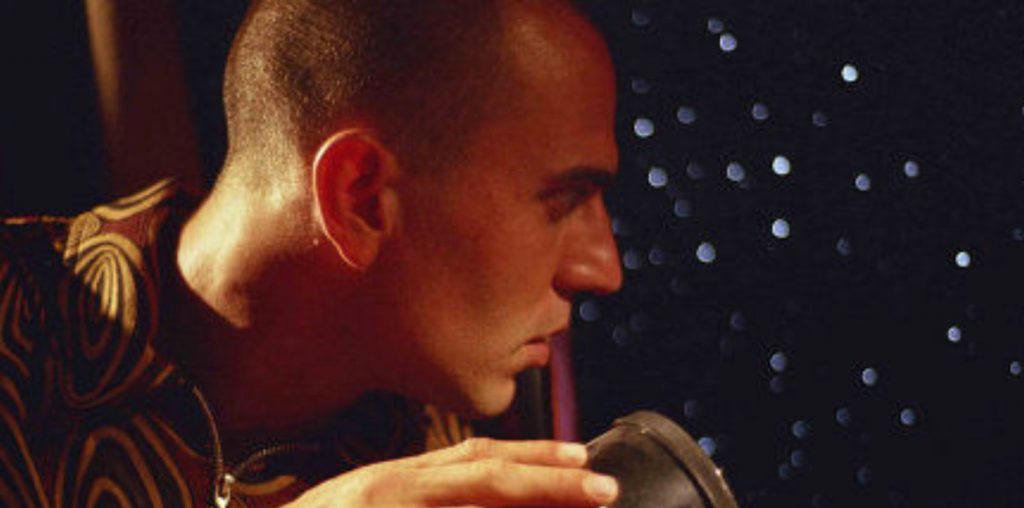
Movies are nothing without great actors. Moviestars will always get their parts while character actor often provide the flavor that is worth circling the edge of the bowl long after the main ingredients have gone stale. They are like a fine wine and we’re always happy to take in another sip. John Lithgow and Alfred Molina are two such vintage bottles, and Ira Sach’s Love is Strange is like the fire that burns while we drink them in. While the two actors go arm-in-arm in a variety of ways here, the film is less about marriage and homosexuality than a delicate take on aging. And other New York problems.
After decades together, Ben (Lithgow) and George (Molina) can finally legally tie the knot. Their marriage is a celebration by their family and friends. Ben’s nephew, Elliot (Darren Burrows), has always looked up to him and his passion has also rubbed off on his wife, Kate (Marisa Tomei), who toasts them as an inspiration. Shortly after, George is fired as the music teacher from the Catholic school he has worked for years. The priests have known his orientation for years and looked the other way, but now that its official they feel like they have to follow their own laws as well.
With Ben’s work as an artist unable to keep them afloat in their upscale apartment, the couple are forced to look for a little charity amongst their friends. With nobody having enough room to house them both and neither interested in living upstate, Ben and George must now live apart. George takes up residence with their gay cop neighbors (Cheyenne Jackson & Manny Perez) while Ben bunks in his nephew’s place in the same room as teenage son Joey (Charlie Tahan), and unknowingly begins to disrupt their own family unit.
The inherent sadness in the way Love is Strange begins to play out is the realization that the screenplay from Sachs and Mauricio Zacharias is going to keep these two characters apart for much of the film. That absence will certainly bring a fondness to their extended conversation in a bar later on, but we are forced to deal with not just the troubling contrivance of a compromise that a loving, liberal family of artists would avoid at all costs. But therein lies one of the more interesting and almost hidden themes of the story. The public face of those who support equal rights is a smiling one, but behind closed doors cannot mask their failings to be decent human beings themselves.
Molina’s George is not given much to do but be quiet and politely mope around his friend’s often loud apartment. That leaves Ben the role of the houseguest whose natural predilection for conversation quickly finds himself the unwelcome fifth wheel. Kate cannot find time to write and young Joey is watching his older male friend spend more time with Uncle Ben than their homework.
Turning Joey into the aggravator would feel less intrusive if another young actor had been cast. For years, in films like The Other Woman (2009) and Charlie St. Cloud (2010), Charlie Tahan has barely matched the feeling of an online emoticon in his performances and once again looks like a robot who has just found his volume button. Structuring the story for Tahan’s Joey to have the film’s big final emotion rings false and makes him feel more like a symbol of society’s too-little-too-late shift to empathy for its actions.
A sudden forward jump in its final scenes might make some more angry than sympathetic, but the lingering power of Lithgow and Molina’s conversation over drinks should carry everyone into the final credits. Not just as a great scene between two actors about regret, but a delicately written reunion of sorts that helps to put their forced separation into greater perspective. Almost as if Sachs is confronting his audience with the question why they were kept apart for so long over something so trivial. At some point the problems over two upper middle class lovers in New York out an apartment might not amount to a hill of beans in our crazy world. But these two actors are right at home, even if their characters continue to live in a place that doesn’t feel that way.

Just one point about your review, Erik. You describe the couple as “upper middle class” but the whole point of the movie is that they both underemployed part-time workers who manage to live just above the poverty line, despite the fact that they own an apartment and are highly educated. They live a precarious financial existence which can be tipped over the edge at any moment. To me, this was the most important thing about the film, since this is my own situation and the situation of most artists I know in New York, but I’ve never seen it depicted in a film before, at least not with characters over 50.